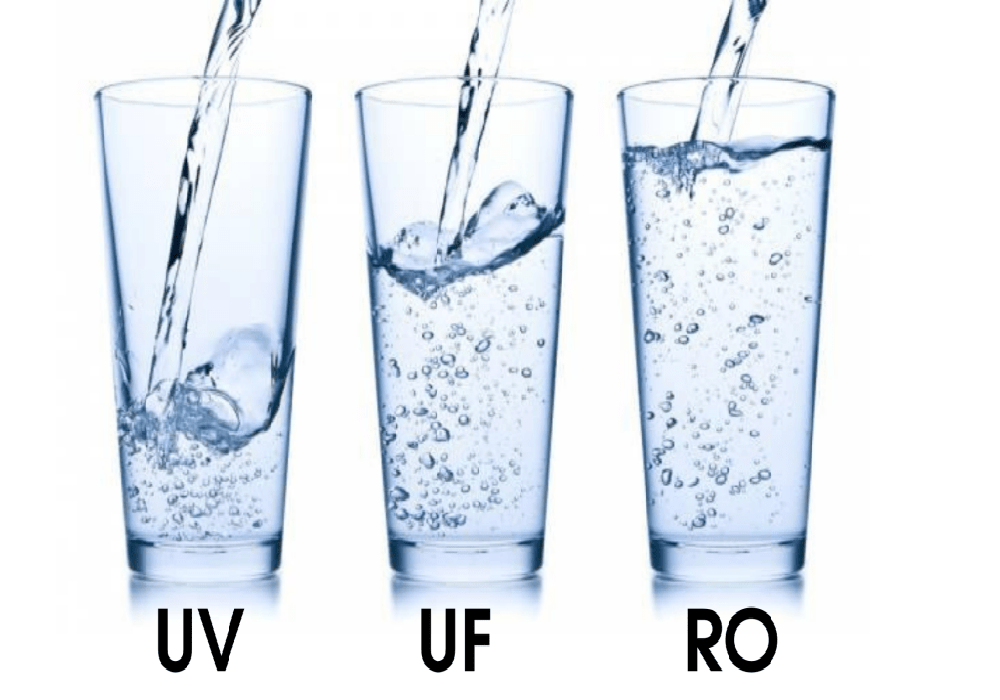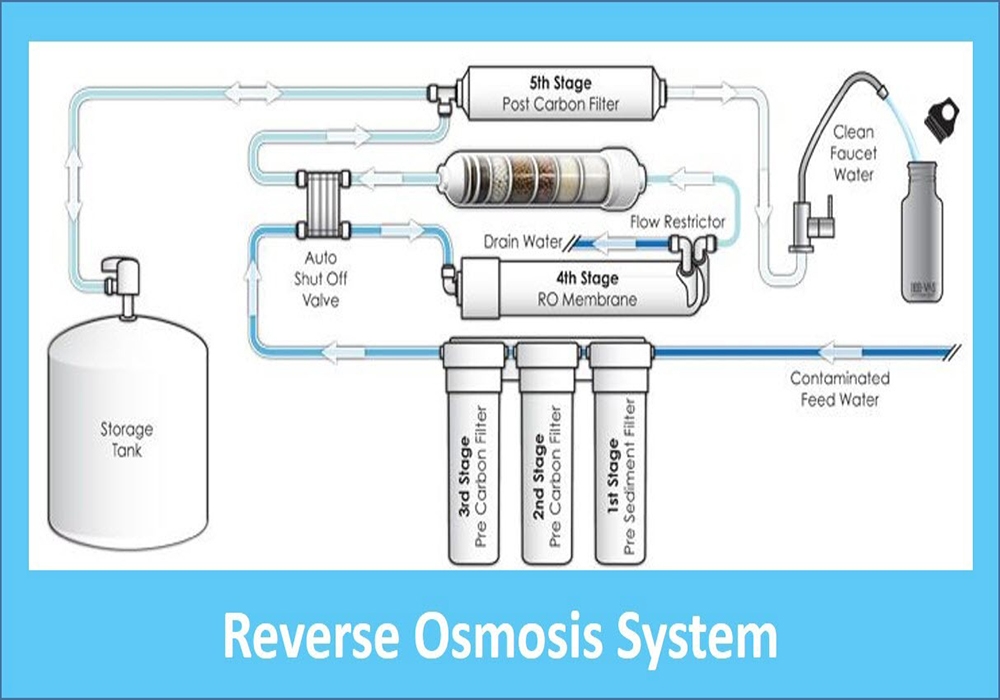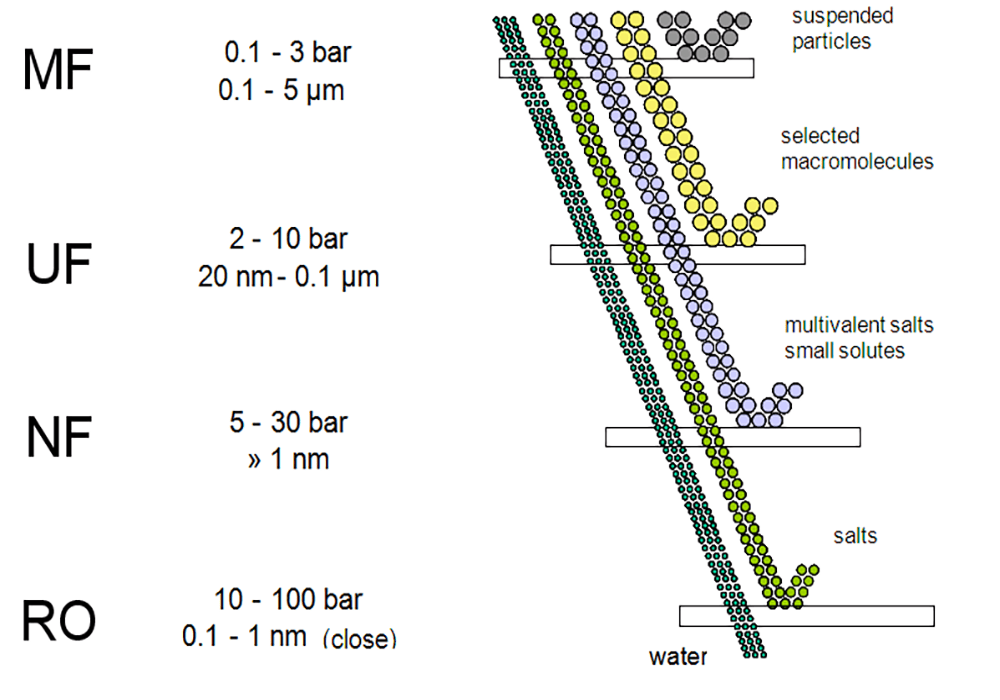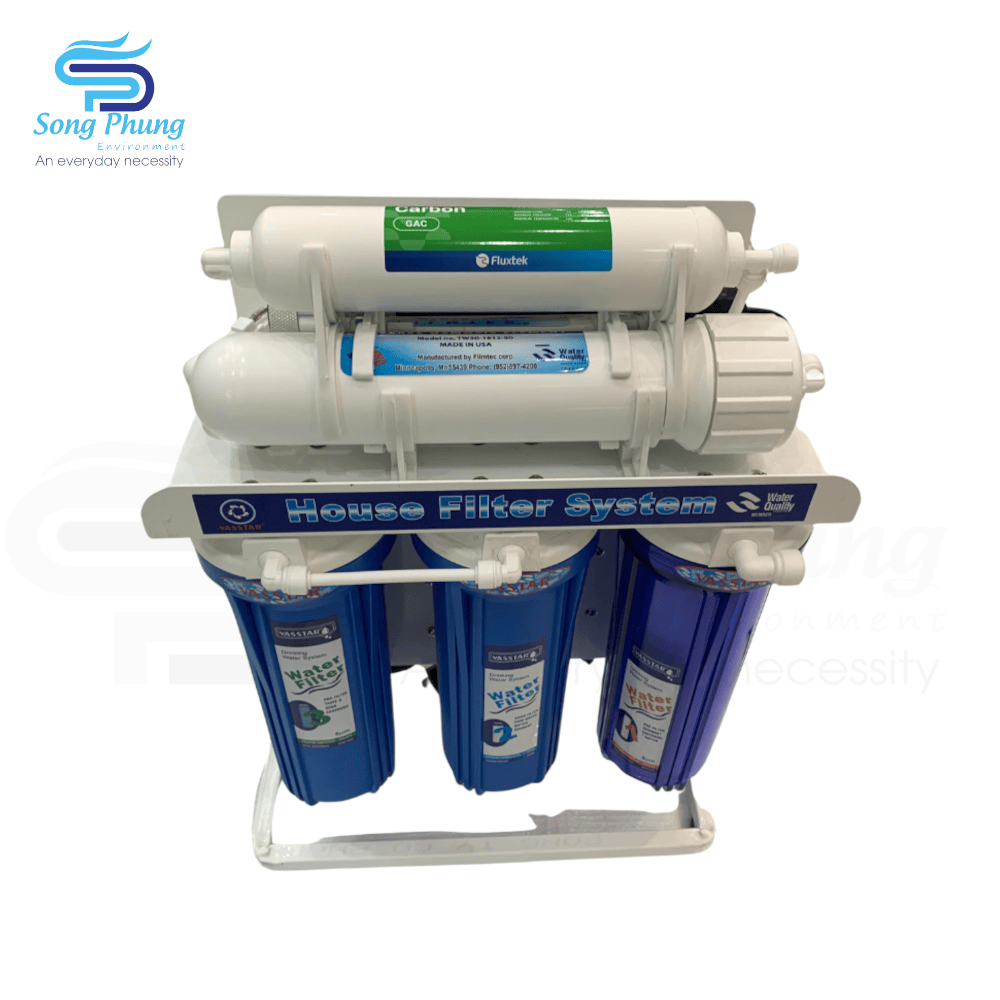Many people feel it’s a waste to hear that RO water purifier produce a large amount of wastewater. Some people are confused about this amount of wastewater when deciding to buy a water purifier, even giving up the idea of buying a reverse osmosis water purifier (pure water purifier) because of the problem of wastewater. In fact, this is a bit of a hassle. Ordinary wastewater is equivalent to filtered water, wastewater can be recycled for floor cleaning, flower watering, toilet flushing, vegetable washing etc.!

1. How does the wastewater of RO water purifier originate?
In general, about wastewater that we often talk about is a reverse osmosis water purifier, a machine that produces pure water. Wastewater contains ions, dissolved solids present in the water, which will help prevent the reverse osmosis membrane from clogging. They also include bacteria, viruses, organic matter, heavy metal ions, etc., which are harmful to human health.
After the RO pump is energized and pressurized for some time, clean water molecules come out from under the action of the pump pressure, and the remaining water residues will accumulate on the other side of the RO membrane. When they accumulate to a certain extent, they will cause the RO membrane to clog and affect the service life of the RO membrane. To avoid this situation, the RO system is designed with a wastewater discharge system to always discharge these residues.

2. What is the difference between RO water purifier with wastewater and without wastewater?
In fact, the difference between an RO water purifier with or without wastewater is the difference between a reverse osmosis (RO) and an ultrafiltration (UF) water purifier.
Reverse Osmosis (RO) Water Purifier
(1) The reverse osmosis water purifier has high filtration precision, which can filter out harmful substances in water and improve the taste of water.
(2) The reverse osmosis water purifier can only be used when it is attached to electricity. The structure of the RO membrane is complicated, the production cost is high, so the price is a bit more expensive.
(3) Reverse osmosis water purifier produces clean water with low TDS
Ultrafiltration (UF) Water Purifiers
(1) Ultrafiltration machines do not need electricity, do not wastewater and have a large filtration capacity.
(2) The water from the ultrafiltration water purifier does not meet the national drinking water standards, so it is not allowed to drink directly.
(3) The ultrafiltration machine produces clean water with a TDS that is almost unchanged from the input water

3. Which water purifier is better for home use?
If you are having trouble choosing an RO water purifier (with wastewater) or an ultrafiltration machine (without wastewater), you should choose a water purifier with double membranes and double the amount of clean water. Or use an RO water purifier, but completely recirculate the amount of wastewater to the tank of the raw domestic water, because this amount of wastewater accounts for a too small percentage compared to the total volume of domestic water used in a day, so will hardly have any effect on the general domestic water quality.
4. Wastewater from the water purifier can be reused
Finally, there is no need to worry about the wastewater problem, as reverse osmosis water purifiers are generally only used to purify drinking and cooking water. Based on the calculation of 2 liters of water per person per day, a family of 3 will need 6 liters of clean water and dispose of 6 liters of wastewater per day, which is about 2.19m3 of wastewater per year (in 365 days). is too little in the acceptable range.
So we don’t have to worry about this waste. In addition, sewage is not in vain. Before being filtered by RO reverse osmosis membrane, “wastewater” has been filtered through the first 3-stage filter core to remove most of the impurities present in tap water. In addition to the salt content of tap water is slightly higher than that of tap water, other parameters such as turbidity, color, organic matter, colloid, etc. are much lower than that of tap water. This type of water is definitely not wastewater, it is called “concentrate water”. So, if water is collected, it can be recycled and used for daily cleaning, washing, watering plants, etc.

Learn more: What is Anthracite filter media? Its application in water filtration
Contact hotline: 0913.90.72.74 to order in bulk, the most preferential price!
Follow Fanpage: https://www.facebook.com/SongPhungthietbinganhnuoc/ to update new products.
Translator: Duong Nguyen Hoang Khang

